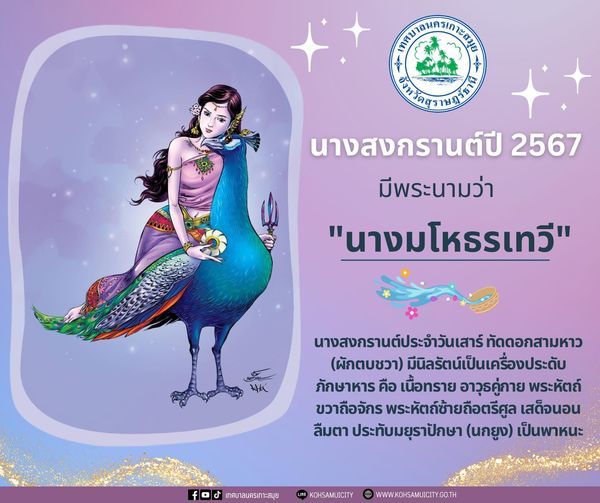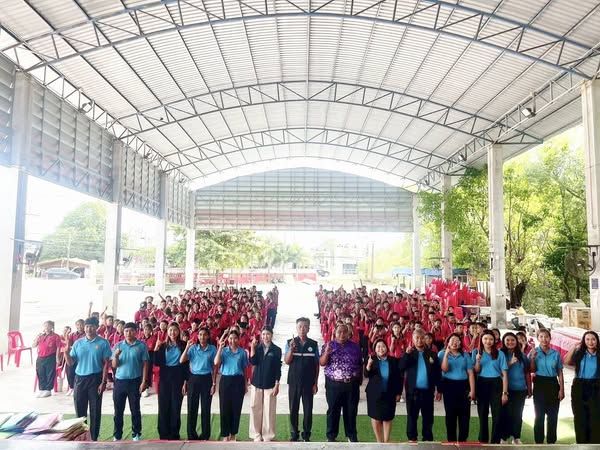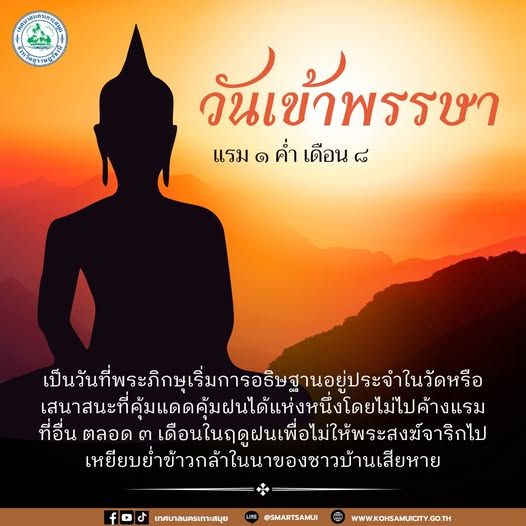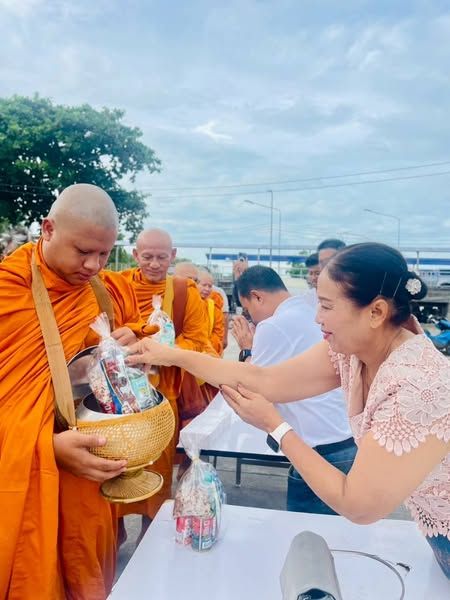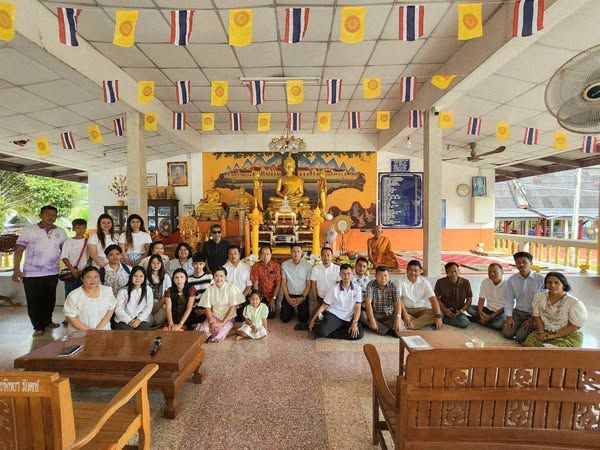Excited for the vibrant Songkran festival in Thailand! 🎉 Meet the 2024 Songkran Goddess, Nang Mohotradevi, and join in the rich tradition and celebration on April 13th. 🌺💦 #Songkran2024 #NangMohotradevi #ThaiTradition
Songkran, Thailand’s most famous festival, is an event that combines tradition, culture, and celebration into an unforgettable experience. Each year, the Department of Cultural Promotion, under the Ministry of Culture, takes the lead in annunciating the Songkran festivities. A highlight of this annual celebration is the crowning of the Songkran Goddess who presides over the event.
A Dive into the Mythology of Songkran
At the heart of Songkran lies a tapestry of myths and legends, woven into the very fabric of Thai culture. Central to this is the Songkran Goddess, a divine figure who embodies the spirit of the festival. For the year 2024, this honor has been bestowed upon Nang Mohotradevi.
Nang Mohotradevi: The Songkran Goddess of Saturday
The Songkran Goddess varies each year, with specific attributes associated with the days of the week. For 2024, Nang Mohotradevi emerges as the guardian of Saturday’s celebrations. Her presence brings a unique character to the festivities, with symbols and elements that are rich in meaning.
The Symbolism of Nang Mohotradevi
Floral Emblem: Water Hyacinth
The water hyacinth, with its robust floating presence on Thai waterways, is Nang Mohotradevi’s chosen flower. It is a plant that is as resilient as it is beautiful, reflecting the enduring nature of Thai culture.
Sapphire: The Jewel of the Deep
Her associated jewel is the sapphire, a gemstone revered for its deep blue hues and connection to wisdom and divinity. The sapphire’s significance is deeply rooted in Thai tradition, symbolizing the strength and elegance of the nation’s heritage.
Unconventional Fare: Sand as Food
Remarkably, sand is considered the food of Nang Mohotradevi. This curious choice is steeped in symbolism, representing the natural cycle of life and the impermanence of the material world.
Armaments of Power: Discus and Trident
In her hands, she wields a discus and a trident, weapons that signify the balance of might and righteousness. The discus, spinning with precision, and the trident, commanding the seas, together convey the harmony of forces that govern the world.
Peacock: The Majestic Mount
Lastly, the peacock serves as her noble steed. This bird, with its mesmerizing plumage and regal stance, is a fitting companion for a goddess. It is a symbol of beauty, integrity, and the vibrancy of life.
The Celebration of Great Songkran
April 13th: A Day of Cultural Magnificence
Each year, the festival’s zenith is marked by the Great Songkran, which falls on April 13th. It is a day when the nation pauses to reflect on the past and to cleanse the spirit for the year ahead. The essence of the festival is captured in the joyous interactions, the pouring of water, and the vibrant processions that adorn the streets.
Embracing the Traditions
Songkran is more than just a seasonal celebration; it is a time when the Thai people reconnect with their roots. From the rural heartlands to the bustling cities, everyone comes together to honor the enduring customs that have been passed down through generations. As the water flows and the people rejoice, the legacy of Songkran and the spirit of Nang Mohotradevi are carried forward into the future.
The Significance of Songkran in Thai Society
Songkran is not merely a national holiday; it is a reflection of the Thai people’s ethos. It is a period when the values of kindness, respect for elders, and communal harmony are proudly displayed. It’s a time when the entire country resonates with unity and goodwill, embodying the true essence of the Thai nation.
As the Songkran festival approaches, the anticipation builds for a time of renewal, celebration, and homage to cultural heritage. With Nang Mohotradevi leading the festivities of 2024, Thailand is set to witness another year where tradition meets festivity, and myth intertwines with reality.
Frequently Asked Questions
What is the significance of the Songkran festival in Thailand?
Songkran is not merely a national holiday; it is a profound reflection of the Thai people’s ethos. This cherished period emphasizes values such as kindness, respect for elders, and communal harmony. The entire country vibrates with unity and goodwill, truly embodying the essence of the Thai nation. It is a time to pause, reflect on the past, and cleanse the spirit for the year ahead, marking a moment of collective cultural magnificence each year on April 13th.
Who is Nang Mohotradevi and why is she important to the 2024 Songkran festival?
For the year 2024, Nang Mohotradevi has been honored as the Songkran Goddess, a divine figure who embodies the spirit of the festival and presides over the event. She is the guardian of Saturday’s celebrations, bringing her unique character to the festivities with rich symbols and elements. These symbols, including the water hyacinth, the sapphire, sand as food, and her armaments of power (discus and trident), as well as her majestic mount, the peacock, are all deeply meaningful and reflect the enduring nature of Thai culture.
How do Thai people celebrate Songkran, and what traditions are associated with the festival?
During Songkran, all of Thailand comes together to honor the enduring customs passed down through generations. The celebration is known for its joyous interactions, the symbolic pouring of water, which signifies cleansing and renewal, and the vibrant processions that decorate the streets. The apex of the festival is the Great Songkran on April 13th, a day of cultural significance when people rejoice, reconnect with their roots, and carry the legacy of Songkran and the spirit of Nang Mohotradevi forward into the future.
